Mastering Basis Issues for S Corporations, Partnerships, and LLCs
Total Credits: 4.0 including 4.0 Taxes - Technical
- Average Rating:
- Not yet rated
- Faculty:
- Michael A. Frost
- Duration:
- 4 hours
- License:
- Product Setting: Expires 90 day(s) after program date.
Description
Overview
The most difficult concepts to master when dealing with flow-through business entities are the basis and distribution concepts. Major error and malpractice issues occur if the CPA does not fully understand the impact of these rules. This course is designed to focus on the practical applications of these rules.
Designed For
Accounting and Financial Professionals who prepare both individual and flow-through business entity tax returns and need a thorough grasp of these significant issues
Major Topics
- Applicable coverage of any basis considerations within any recent tax legislation enacted before the presentation
- Discuss new pass-through basis calculations required as attachments to certain individual returns
- Excess business losses and NOLs
- Tax Basis Capital Account Reporting Requirements
- How §179 limitations affect basis and how the “tax-benefit” rule is applied
- S corporations: Beware of final IRS regulations regarding “open debt” of S corporations; understand the effect of stock basis and debt basis and IRS’s recent focus on “at-risk basis” for shareholders; recognize how AAA applies or does not apply to certain S corporations; learn to apply the complex ordering rules and special elections that can have a big tax result; become aware of when you can have a taxable dividend in an S corporation; understand distributions of cash and property and post-termination transition rules, and temporary post-termination rules for eligible corporations
- LLCs and partnerships: Learn the detailed rules of §704 for preventing the shifting of tax consequences among partners or members; determine how to calculate basis under both §704 and for “at-risk” under §465; recognize how recourse, nonrecourse, and qualified nonrecourse debt can create significantly different tax results; review §754 step-up in basis rules; and learn how legislation cleans up the basis treatment of charitable contributions and foreign taxes paid
Learning Objectives
- Determine initial basis and organizing tax-free under §351 and §721
- Discuss what affects basis and how to treat distributions
- Pass the loss limitation hurdles to deduct pass-through losses
Prerequisites
Experience in business taxation
Advanced Preparation
None
Level of Knowledge
Intermediate
Instructional Delivery Method
Group Internet Based
CPE Credit
Participants will earn 4.0 CPE credits
Field of Study
Taxes
Registration Requirement
Pre-registration is required for this event. To register, please visit our website at tx.cpa or contact our office at 800.428.0272. To receive the full CPE credit hours, you must be logged in and engaged for the duration of the program. Late arrivals and/or early departures will be captured by the submission of participant codes within the attendance monitoring application within the webinar broadcasting application.
Refunds and Cancellations
Registration changes can be made by calling 800-428-0272 or 972-687-8500 (option 2) or by emailing learning@tx.cpa. No shows forfeit the entire registration fee.
Cancellations for in-person conferences and events received at least 10 business days prior to the start of the event are eligible for a full refund. Cancellations received less than 10 business days prior to the start of the program are subject to a 50% cancellation fee due to facility, food and beverage fees being incurred.
Cancellations for webinars, webcasts, and online programs received at least five business days prior to the start of the program will be eligible for a full refund. Cancellations received less than five business days in advance of the program are subject to a 25% cancellation fee.
The Texas Society of CPAs is registered with the National Association of State Boards of Accountancy (NASBA) as a sponsor of Continuing Professional Education (CPE) on the National Registry of CPE Sponsors. Boards of Accountancy have final authority on the acceptance of individual courses for CPE credit. Complaints regarding registered sponsors may be submitted to the National Registry of CPE Sponsors through its website: www.nasbaregistry.org.


